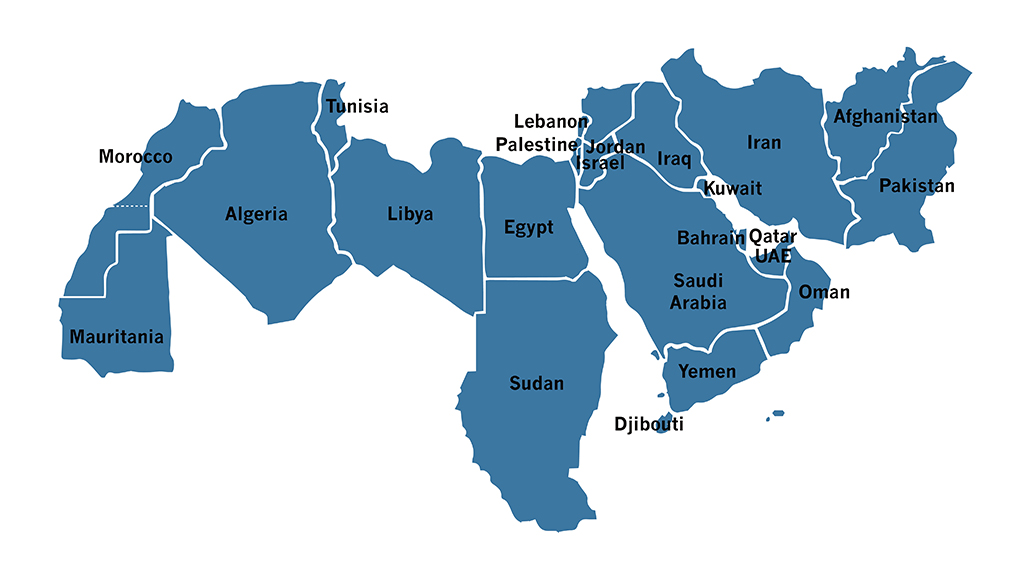Israel’s descent into another acrimonious political crisis following the collapse of its national unity government after barely six months highlights the Middle East challenge awaiting Joe Biden when he enters the White House on January 20.
Donald Trump has, rightly, won high praise for his remarkable success brokering previously unimaginable peace deals between Israel and moderate Sunni Arab states the United Arab Emirates, Bahrain, Sudan and Morocco. These have radically changed Middle East prospects and provided Mr Biden a solid basis on which to build his administration’s policies in a region critical to US and Western security and the global fight against terrorism.
But, with Israel deeply divided and forced into its fourth general election in under four years on March 23, the political instability of the Jewish state is casting an increasingly dark shadow over hopes for a durable relationship that would see Israel and its hostile Arab neighbours living in harmony.
Mr Trump’s achievement in getting moderate Arab states to change their attitudes to Israel is significant. But as Mr Biden builds on that, as he must, he is likely to find himself no less preoccupied with trying to convince Israel’s warring politicians that it is high time they stopped making it impossible for Israeli governments to govern. Even getting parliamentary approval for a budget was a bridge too far for the ill-fated unity government.
Read the editorial in The Australian.

